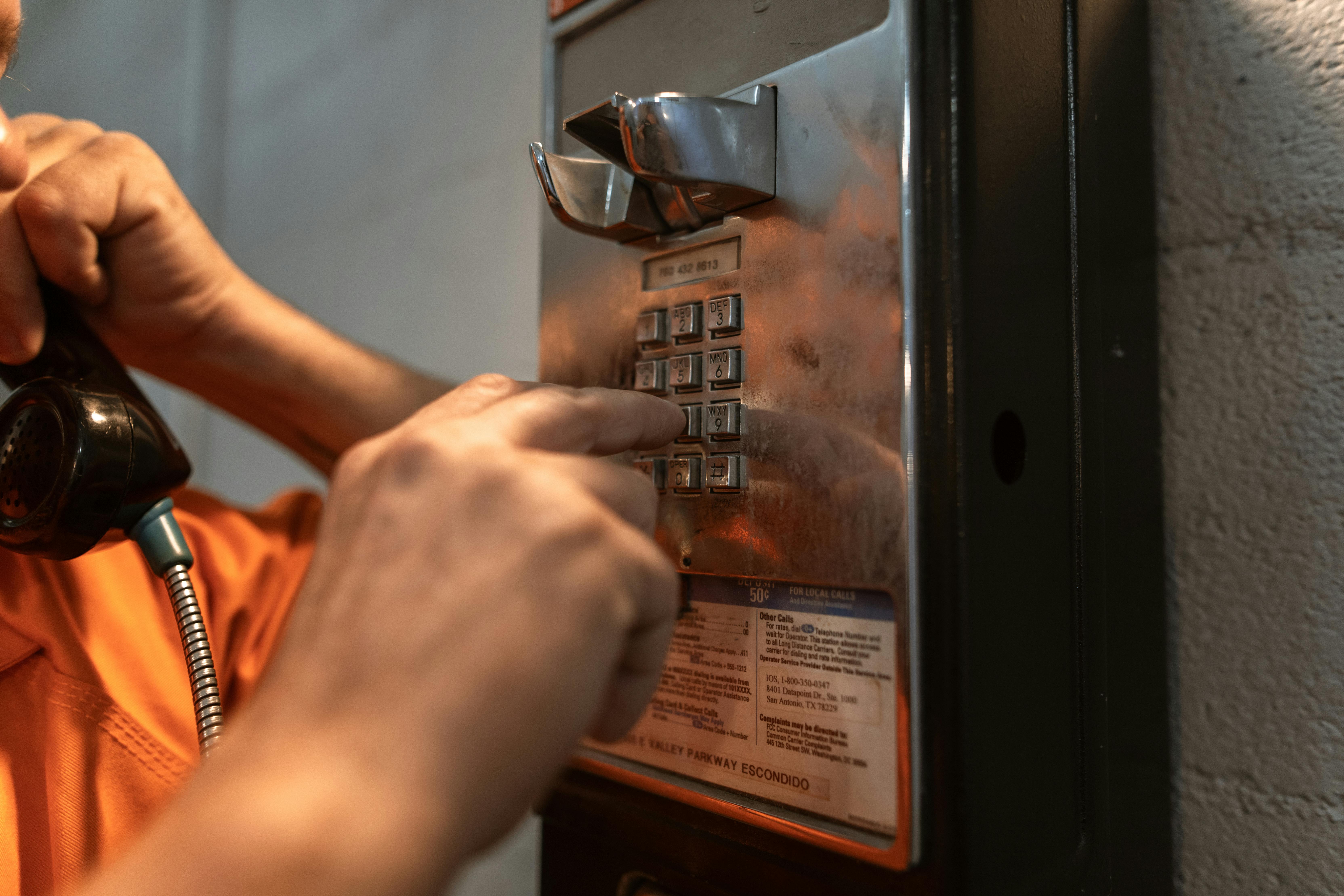The Federal Trade Commission has an obligation to the general public, its stated mission of consumer education, and to the over-regulated franchise industry and small business operators who run Biz Ops to separate the two business models through a legal definition. Any failure to separate them completely will cause additional problems down the road and will keep the current rule review process going, without any formalization for decades.
Of course, this is good for attorneys who make money from these lawsuit ambiguities and is great for permanence and job security from the Federal Trade Commission. Some also realize that it could allow for additional travel budgets from government employees during these taxpayer money rulemaking processes. It would also trigger more wait time, “let’s think about this one”: coffee breaks on multiple floors of the Federal Trade Commission’s fully furnished 1970s desk environment. However, it is not good for consumers or the industry and creates an uneven playing field on the one hand and complex entry barriers for start-ups with regional dominance and efficiencies, which lend themselves well to the franchise business model. for the other. This is because Biz Op MLM marketers pretend they are similar to franchised companies, using terms like “Private Franchises” in their presentation.
These MLM businesses are sold in coffee shops and public presentations, which would send a chill down the spine of any franchise executive or actual franchisor who is compliant. So what is a real franchisor? What is the private franchise? What is a business opportunity? What is an MLM business? What is a hybrid or cross of any of these combinations? How the heck, in layman’s terms, can the Federal Trade Commission explain this to us, so that we can explain the differences to consumers when asked? Where on the Federal Trade Commission website is there a place that describes all of them and the possible variations? Due to the introduction of the term “Private Franchise” in the interim between the 1999 comments and the 2004 evaluations of potential definition revisions by the Federal Trade Commission, it appears that the real world definition landscape is hyperspacing the definitions. Definitions updates to the franchise rule in the wonderful world of bureaucracy. We must not fool ourselves into thinking that the latest FTC report or any subsequent changes will now change something in the real market in terms of the number of; Non-existent fraud events in franchises. The number of cases of fraud in franchises is basically nil according to the statements of the Federal Trade Commission to Congress. However, the MLM crowd manipulates the truth by losing the word franchise and that misrepresentation is hurting consumers. Think about it.
